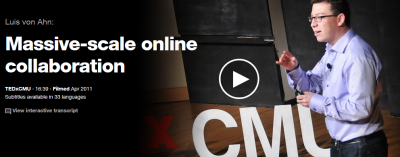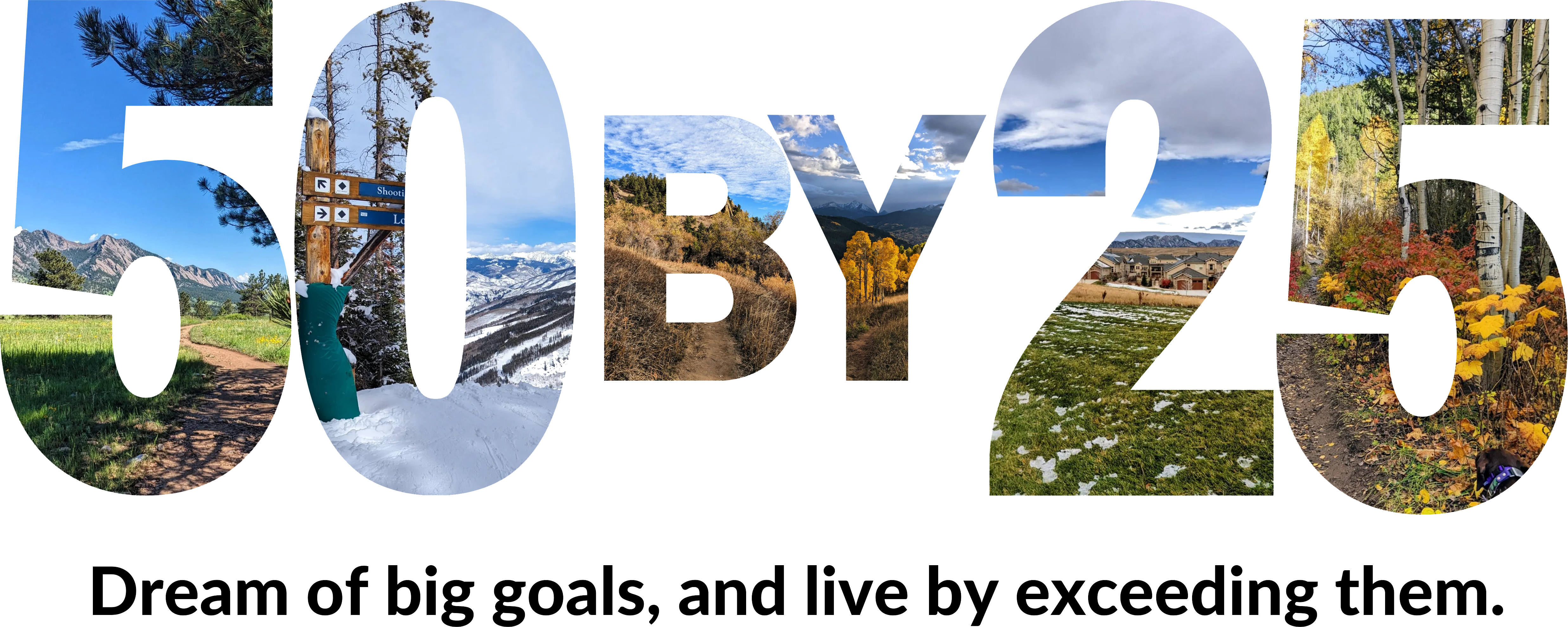This isn’t going to be my typical app I love post. Usually, I write about apps that I love for their functionality. Today, however, I’m writing about an app that functions well… but that I love for its purpose and the goal behind it.
I first heard about Duolingo from Ashley, who used it to help with her move to Switzerland and all the traveling she’s done from there. Last spring, when I was planning to go to Germany for the Pulheim Marathon, I used Duolingo for a few weeks to try to learn some elementary German so that I’d be able to get around town on my own. I liked the format and found it really easy to use, and it wasn’t long before I was obnoxiously barking “Mein name ist Laura; wo ist das bier?” at my friends. (“My name is Laura; where is the beer?”) Obviously, I made it a point to learn the important phrases!
One thing I noticed from my brief stint with Duolingo was that it was very good about teaching you grammar and vocabulary, but it’s definitely not geared toward travelers – it’s more about getting proficiency/fluency in the language as a whole than it is about the quick hit common phrases for travel. Duolingo doesn’t teach you helpful phrases like the one above; instead, it teaches you things like how to choose the proper pronoun for a noun. However, I was able to get some basic vocab and grammar out of the couple lessons I did in the app, and then I just looked up a few key phrases online so I’d know the practical stuff. Unfortunately, since my trip got thwarted by travel issues, I never got to really test out how well that one-two punch combo worked… so I don’t really feel qualified to judge Duolingo’s efficacy.
However, I will vouch for Duolingo being fun to use. Each lesson has you practice using a number of different tactics to help reinforce the words and the tenses that you’re learning (e.g., filling in the blanks in a written sentence, speaking the answer to a question, etc). Yet even though there are multiple parts to each lesson, everything is delivered in very short bite-sized chunks; this means that it works well to fit it in whenever you have a few spare minutes rather than feeling like you have to block off an hour in order to accomplish anything. I love being able to make use of free time, and Duolingo definitely helps you do that! (One caveat: you do need to both listen and speak, and the things you say are pretty repetitive, so it doesn’t really work to use Duolingo on public transit or while waiting in line if you’re at all self-conscious.)
What inspired me to write about Duolingo tonight, though, was not that I recently picked it up again to learn a new language. (Although I may do that soon.) It’s that on my way home from training yesterday, a colleague who knew about my TED Talks resolution recommended a particular video to me: Luis von Ahn’s Massive Power of Online Collaboration.

Basically, Luis Von Ahn was the guy who invented the captcha – you know, that annoying photo phrase you have to type all over the web to prove you’re not a spammer. After the captcha became popular, Von Ahn became disheartened to realize that he was the cause of a lot of wasted time and increased frustration as people were forced to type in the captcha phrase, so he added a purpose behind typing the word: each captcha was based on text that already needed to be digitized, and so the captcha could cheaply digitize print books by crowdsourcing the word recognition.
However, Von Ahn and his team then went on to apply that crowdsourced model to a new purpose: developing language learning software that would help translate Wikipedia (and other websites) to make the internet available in multiple languages. Von Ahn and his team believe that learning a language shouldn’t be limited to rich people who can afford an expensive course, so Duolingo essentially allows you to trade free labor (in the form of translation) for free courses. However, you probably won’t even notice you’re making that trade (or at least I didn’t?) because they bake the translation right into the regular lessons, and it’s truly integrated into what you’re learning. How awesome is that?!
Whether you’re looking to learn a new language or not, I’d encourage you to watch Von Ahn’s TED talk – it’s pretty inspirational. And then, maybe you’ll give Duolingo a download, either on your computer or on your phone, to show your support for this kind of innovation. This whole video and app goes along quite nicely with that Helen Keller quote I posted a picture of yesterday:

I’m so intrigued by this reciprocal idea of providing value for the user while they provide value for the company, and am really curious to see what Von Ahn and his team think of next. Although the team has taken some criticism for not turning Duolingo into a non-profit, I think they have a good point in that it’s a lot harder to keep a business going when you’re trying to do it altruistically, since you’ll lose those investors who are worried about the bottom line. I really like how that article closes with Von Ahn’s point that he’s fine with adding advertisements to the app, to increase profits, as long as the core functionality remains free. To me, that’s a much more sustainable business model that will be around for the long term – and I’m thrilled to see an awesome app like Duolingo stick around for years to come.
Disclaimer: As always, my Apps I Love are never sponsored. I used the free version of Duolingo for Android last year, and then stumbled across this TED talk based on a recommendation from my colleague. I have had no contact with the Duolingo team about this article; the concept is just too awesome not to share!
